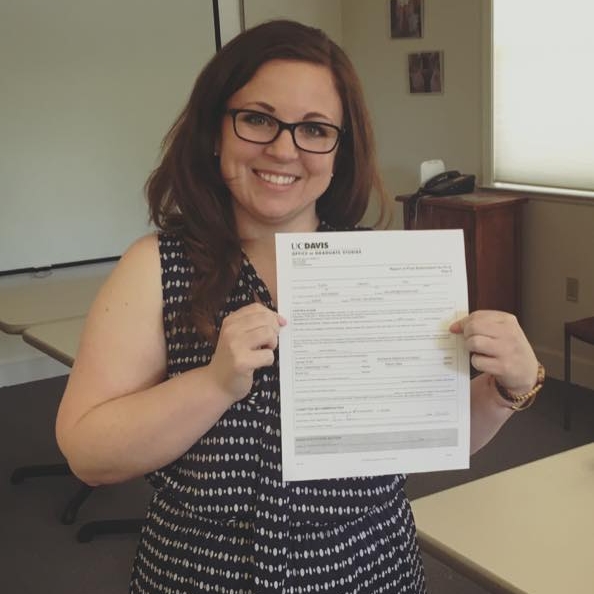Day-to-Day Coping with Peer Victimization: Diversity of Friends, Bystanders, and Responses
PIs: Adrienne Nishina, Amy Bellmore (Wisconsin), and Melissa Witkow (Willamette)
NSF BCS-1147593
Much research on peer victimization (also known as “bullying”) points to the need to understand the phenomenon’s group nature within school settings. A large body of literature has clearly shown that students who experience peer victimization also exhibit a host of negative outcomes in the psychological, social, physical, and educational domains. Surprisingly, however, little research has been conducted regarding what students should do when they get picked on (i.e., what coping strategies work best). In addition, virtually no work has considered the extent to which the social context may be associated with whether a student chooses a given response and whether or not that response works. The purpose of this research is to identify key peer group contextual factors that can be targeted to ameliorate the psychological consequences of daily peer victimization. The study proposes inquiry into two specific areas: (a) Do social environments (e.g., friendship groups and the presence of bystanders) predict sixth- grade students’ coping responses? and (b) How do coping strategies and social environments interact to predict well-being in the face of daily peer victimization experiences? The planned study will utilize daily- report methodology over 2 weeks to assess the social contextual factors associated with peer victimization experiences, effective coping responses, and current well-being. Our ethnically diverse sample will consist of approximately 960 sixth-grade students from African American, Asian American, Latino, and Caucasian backgrounds within three communities in Wisconsin, California, and Oregon.




